JOINT KEYNOTE TALKS WITH HARDDB & ACTIVE 2020
Software Hardware Co-Design for Cloud Native Database Systems
Feifei Li, Vice President of Alibaba Group
ABSTRACT
Cloud native database systems become increasingly popular on the cloud, which leverages the virtualized
resource pool provided by the underlying cloud infrastructure to offer excellent elasticity, high
availability, and scalability. Decoupling resource usage and management across the stack (e.g, compute
and storage) is a critical path towards realizing cloud native properties. Software-hardware co-design
plays an important role in this paradigm, such as using kernel bypassing, RDMA for shared distributed
storage, FPGA acceleration, NVM for tied memory hierarchy, TEE for secure and trustworthy compute, to
name a few. This talk shares our experience and lessons learned from using software-hardware co-design
principles towards building cloud native database systems.
ABOUT THE SPEAKER
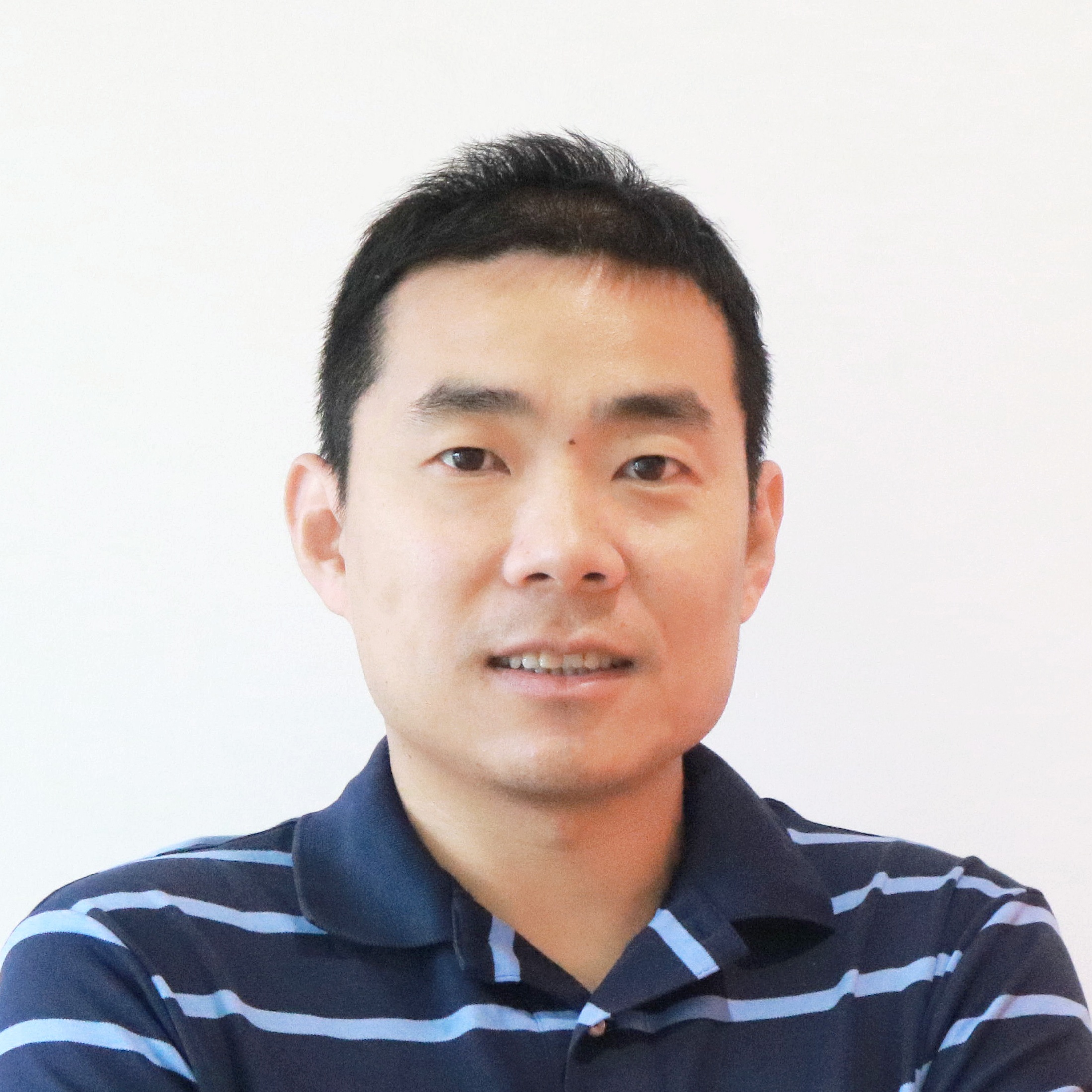
Feifei Li is currently a Vice President of Alibaba Group, ACM
Distinguished Scientist, President of the Database Products Business Unit of
Alibaba Cloud, and director of the Database and Storage Lab of DAMO academy.
He is a tenured full professor at the School of Computing, University of
Utah (on leave). He has won multiple awards from NSF, ACM, IEEE, Visa,
Google, HP, Microsoft, IBM, etc. He is a recipient of the ACM SoCC 2019 Best
Paper Award (runner-up), IEEE ICDE 2014 10 Years Most Influential Paper
Award, ACM SIGMOD 2016 Best Paper Award, ACM SIGMOD 2015 Best System
Demonstration Award, IEEE ICDE 2004 Best Paper Award. He has been an
associate editor, PC co-chairs, and core committee members for many
prestigious journals and conferences.
AIOps with the Oracle Autonomous Database
Sandesh Rao, Oracle USA, Vice President, Cloud Diagnosability and RAC Assurance
ABSTRACT
Autonomous
Database is one of the hottest Oracle products where we have attempted to use Machine Learning for
several aspects of the service. We will cover some use cases to find anomalies in them to troubleshoot
them at a scale of several petabytes a year using Log Anomaly timeline using semi-supervised machine
learning techniques to reduce logs and match them in near real time. We will also cover how we detect
changing workload, use Zscores to pinpoint faults, use time series analysis to find good times to do
backups or maintenance, models to detect performance tuning issues and root cause analysis as well as
fleet learning to apply knowledge of trends and issues across multiple symptoms affecting the fleet
including rediscovery. We will cover examples, code where applicable and frameworks we use for this.
ABOUT THE SPEAKER

Sandesh Rao is a VP running the AIOps Automation for the Autonomous Database Group at Oracle Corporation
specializing using AI/ML for different use cases from predicting faults before they happen to Anomaly
Detection within log data, metrics data. His previous positions have focused on performance tuning, high
availability, disaster recovery and architecting cloud-based solutions using the Oracle Stack. With more
than 18 years of experience working in the HA space and having worked on several versions of Oracle with
different application stacks, he is a recognized expert in RAC, Database Internals, PaaS, SaaS, and IaaS
solutions and solving Big Data related problems. Most of his work involves working with customers in the
implementation of public and hybrid cloud projects in the financial, retailing, scientific, insurance,
biotech, and tech space. He is also responsible for developing assessments for best practices for the
Oracle Grid Infrastructure 19c including products like RAC (Real Application Clusters), Storage (ASM,
ACFS) More details
https://bit.ly/1UCL46K
INVITED TALK SMDB 2020
AI-native database
Guoliang Li, Tsinghua University
ABSTRACT
In big data era, database systems face three challenges. Firstly, the traditional heuristics-based
optimization techniques (e.g., cost estimation, join order selection, knob tuning) cannot meet the
high-performance requirement for large-scale data, various applications and diversified data. We can
design learning-based techniques to make database more intelligent. Secondly, many database applications
require to use AI algorithms, e.g., image search in database. We can embed AI algorithms into database,
utilize database techniques to accelerate AI algorithms, and provide AI capability inside databases.
Thirdly, traditional databases focus on using general hardware (e.g., CPU), but cannot fully utilize new
hardware (e.g., AI chips). Moreover, besides relational model, we can utilize tensor model to accelerate
AI operations. Thus, we need to design new techniques to make full use of new hardware.
To address these challenges, we design an AI-native database. On one hand, we integrate AI techniques
into databases to provide self-configuring, self-optimizing, self-healing, self-protecting and
self-inspecting capabilities for databases. On the other hand, we can enable databases to provide AI
capabilities using declarative languages, in order to lower the barrier of using AI. In this talk, I
will introduce the five levels of AI-native databases and provide the open challenges of designing an
AI-native database. I will also take automatic database knob tuning, deep reinforcement learning based
optimizer, machine-learning based cardinality estimation, automatic index/view advisor as examples to
showcase the superiority of AI-native databases.
ABOUT THE SPEAKER
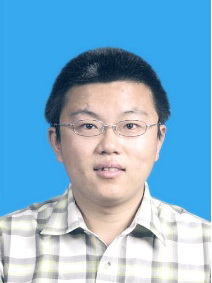
Guoliang Li is a full Professor of Department of Computer Science, Tsinghua University, Beijing, China.
His research interests include AI-native database, big data analytics and mining, crowdsourced data
management, big spatio-temporal data analytics, large-scale data cleaning and integration. He has
published more than 100 papers in premier conferences and journals, such as SIGMOD, VLDB, ICDE, SIGKDD,
SIGIR, TODS, VLDB Journal, and TKDE. He will be the General co-chair of SGIMOD 2021 and demo chair of
VLDB 2021. He is working as associate editor for IEEE Transactions and Data Engineering, VLDB Journal,
ACM Transaction on Data Science, IEEE Data Engineering Bulletin. He got several best paper awards in top
conferences, such as CIKM 2017 best paper award, ICDE 2018 best paper candidate, KDD 2018 best paper
candidate, DASFAA 2014 best paper runner-up, APWeb 2014 best paper award, etc. He received VLDB Early
Research Contribution Award 2017, and IEEE TCDE Early Career Award 2014.



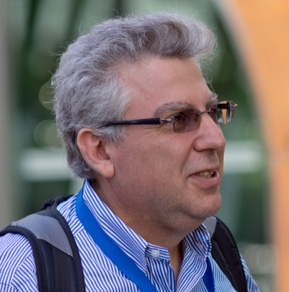

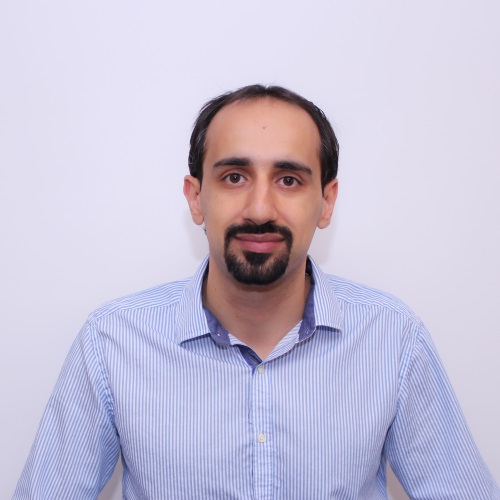
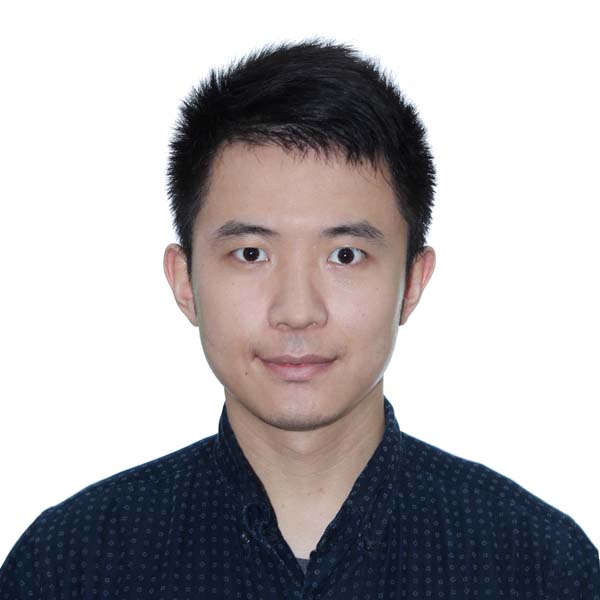
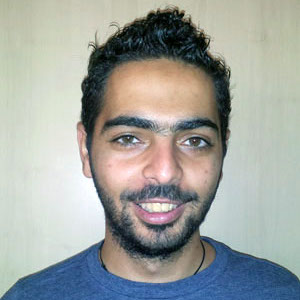
 Feifei Li is currently a Vice President of Alibaba Group, ACM
Distinguished Scientist, President of the Database Products Business Unit of
Alibaba Cloud, and director of the Database and Storage Lab of DAMO academy.
He is a tenured full professor at the School of Computing, University of
Utah (on leave). He has won multiple awards from NSF, ACM, IEEE, Visa,
Google, HP, Microsoft, IBM, etc. He is a recipient of the ACM SoCC 2019 Best
Paper Award (runner-up), IEEE ICDE 2014 10 Years Most Influential Paper
Award, ACM SIGMOD 2016 Best Paper Award, ACM SIGMOD 2015 Best System
Demonstration Award, IEEE ICDE 2004 Best Paper Award. He has been an
associate editor, PC co-chairs, and core committee members for many
prestigious journals and conferences.
Feifei Li is currently a Vice President of Alibaba Group, ACM
Distinguished Scientist, President of the Database Products Business Unit of
Alibaba Cloud, and director of the Database and Storage Lab of DAMO academy.
He is a tenured full professor at the School of Computing, University of
Utah (on leave). He has won multiple awards from NSF, ACM, IEEE, Visa,
Google, HP, Microsoft, IBM, etc. He is a recipient of the ACM SoCC 2019 Best
Paper Award (runner-up), IEEE ICDE 2014 10 Years Most Influential Paper
Award, ACM SIGMOD 2016 Best Paper Award, ACM SIGMOD 2015 Best System
Demonstration Award, IEEE ICDE 2004 Best Paper Award. He has been an
associate editor, PC co-chairs, and core committee members for many
prestigious journals and conferences.
 Sandesh Rao is a VP running the AIOps Automation for the Autonomous Database Group at Oracle Corporation
specializing using AI/ML for different use cases from predicting faults before they happen to Anomaly
Detection within log data, metrics data. His previous positions have focused on performance tuning, high
availability, disaster recovery and architecting cloud-based solutions using the Oracle Stack. With more
than 18 years of experience working in the HA space and having worked on several versions of Oracle with
different application stacks, he is a recognized expert in RAC, Database Internals, PaaS, SaaS, and IaaS
solutions and solving Big Data related problems. Most of his work involves working with customers in the
implementation of public and hybrid cloud projects in the financial, retailing, scientific, insurance,
biotech, and tech space. He is also responsible for developing assessments for best practices for the
Oracle Grid Infrastructure 19c including products like RAC (Real Application Clusters), Storage (ASM,
ACFS) More details
Sandesh Rao is a VP running the AIOps Automation for the Autonomous Database Group at Oracle Corporation
specializing using AI/ML for different use cases from predicting faults before they happen to Anomaly
Detection within log data, metrics data. His previous positions have focused on performance tuning, high
availability, disaster recovery and architecting cloud-based solutions using the Oracle Stack. With more
than 18 years of experience working in the HA space and having worked on several versions of Oracle with
different application stacks, he is a recognized expert in RAC, Database Internals, PaaS, SaaS, and IaaS
solutions and solving Big Data related problems. Most of his work involves working with customers in the
implementation of public and hybrid cloud projects in the financial, retailing, scientific, insurance,
biotech, and tech space. He is also responsible for developing assessments for best practices for the
Oracle Grid Infrastructure 19c including products like RAC (Real Application Clusters), Storage (ASM,
ACFS) More details  Guoliang Li is a full Professor of Department of Computer Science, Tsinghua University, Beijing, China.
His research interests include AI-native database, big data analytics and mining, crowdsourced data
management, big spatio-temporal data analytics, large-scale data cleaning and integration. He has
published more than 100 papers in premier conferences and journals, such as SIGMOD, VLDB, ICDE, SIGKDD,
SIGIR, TODS, VLDB Journal, and TKDE. He will be the General co-chair of SGIMOD 2021 and demo chair of
VLDB 2021. He is working as associate editor for IEEE Transactions and Data Engineering, VLDB Journal,
ACM Transaction on Data Science, IEEE Data Engineering Bulletin. He got several best paper awards in top
conferences, such as CIKM 2017 best paper award, ICDE 2018 best paper candidate, KDD 2018 best paper
candidate, DASFAA 2014 best paper runner-up, APWeb 2014 best paper award, etc. He received VLDB Early
Research Contribution Award 2017, and IEEE TCDE Early Career Award 2014.
Guoliang Li is a full Professor of Department of Computer Science, Tsinghua University, Beijing, China.
His research interests include AI-native database, big data analytics and mining, crowdsourced data
management, big spatio-temporal data analytics, large-scale data cleaning and integration. He has
published more than 100 papers in premier conferences and journals, such as SIGMOD, VLDB, ICDE, SIGKDD,
SIGIR, TODS, VLDB Journal, and TKDE. He will be the General co-chair of SGIMOD 2021 and demo chair of
VLDB 2021. He is working as associate editor for IEEE Transactions and Data Engineering, VLDB Journal,
ACM Transaction on Data Science, IEEE Data Engineering Bulletin. He got several best paper awards in top
conferences, such as CIKM 2017 best paper award, ICDE 2018 best paper candidate, KDD 2018 best paper
candidate, DASFAA 2014 best paper runner-up, APWeb 2014 best paper award, etc. He received VLDB Early
Research Contribution Award 2017, and IEEE TCDE Early Career Award 2014.